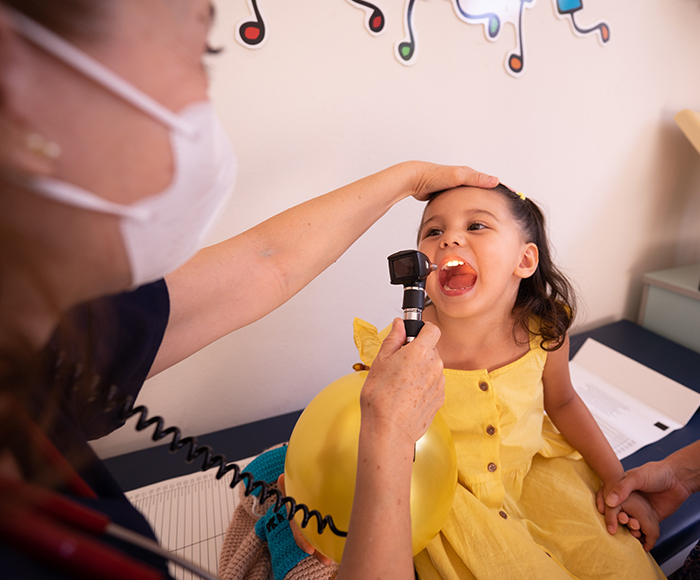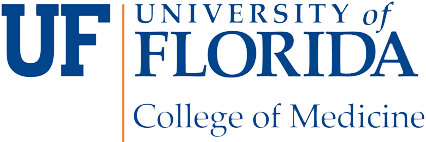2Healthcare

This strategic initiative provides children in need with essential medical and healthcare services that have measurable outcomes and a life-changing impact.

Access to medical care is a critical issue for rural and low-income communities within Collier County. Barriers such as awareness, transportation and access to healthcare can make it difficult for children and families to receive the critical care they need. Primary care is critical to maintaining positive health. Through routine check-ups, primary care professionals are often the first to see early signs of disease, behavioral health issues and other health concerns in children.

Since inception in 2006, over 330,000 pediatric patient visits have been conducted through two Healthcare Initiative partner campuses serving 60% of the children in Collier County.

NCEF's Contribution to the Solution

Children’s Healthcare
The goal of the children’s Healthcare Initiative is to address barriers such as awareness, transportation and access to healthcare that make it difficult for children and families to receive the critical care they need.
The initial partnership with Florida State University’s College of Medicine helped to establish the Isabel Collier Read Medical Campus in Immokalee that continues to operate through Healthcare Network providers. The ongoing SSTRIDE (Science Students Together Reaching Instructional Diversity & Excellence) program resides in the Immokalee Middle and High school to train pre-college students to pursue a science or health career.
Access to medical care is a critical issue for rural and low-income communities within Collier County. Without consistent access to care, the medically underserved postpone necessary care and forego preventive care; families are more likely to use emergency rooms for primary care and be hospitalized for health conditions that could have been avoided.
As of 2022, 8.8% of children in Collier County lack health insurance, significantly decreasing their access to healthcare. Primary care is critical to maintaining positive health. Through routine check-ups, primary care professionals are often the first to see early signs of disease and other health concerns in children.
NCEF’s efforts focus on increasing access to care, fostering a medical pipeline and expanding prevention efforts.
The initial partnership with Florida State University’s College of Medicine helped to establish the Isabel Collier Read Medical Campus in Immokalee that continues to operate through Healthcare Network providers. The ongoing SSTRIDE (Science Students Together Reaching Instructional Diversity & Excellence) program resides in the Immokalee Middle and High school to train pre-college students to pursue a science or health career.
NCEF recognizes that primary healthcare for families is critical to child development.
Children’s Healthcare needs are mostly preventative and and acute care and access is reliant on families or other institutions, hence our focus on bringing primary care to areas of high need

We are proud to collaborate with esteemed organizations that exemplify the highest efficacy standards. Our Blueprint Partners include The Florida State University College of Medicine, Healthcare Network and University of Florida College of Medicine. Together, we are committed to breaking barriers that limit access to healthcare.

Help Move Our Mission Forward
We encourage you to take an active role in supporting children’s healthcare needs. You can start by spreading understanding the impact lack of access to primary care has on a child’s development and equip yourself with the knowledge of how to identify potential health concerns in children.
As the need in our community continues to grow, your giving strengthens our ability to achieve our mission. Thank you for support!









